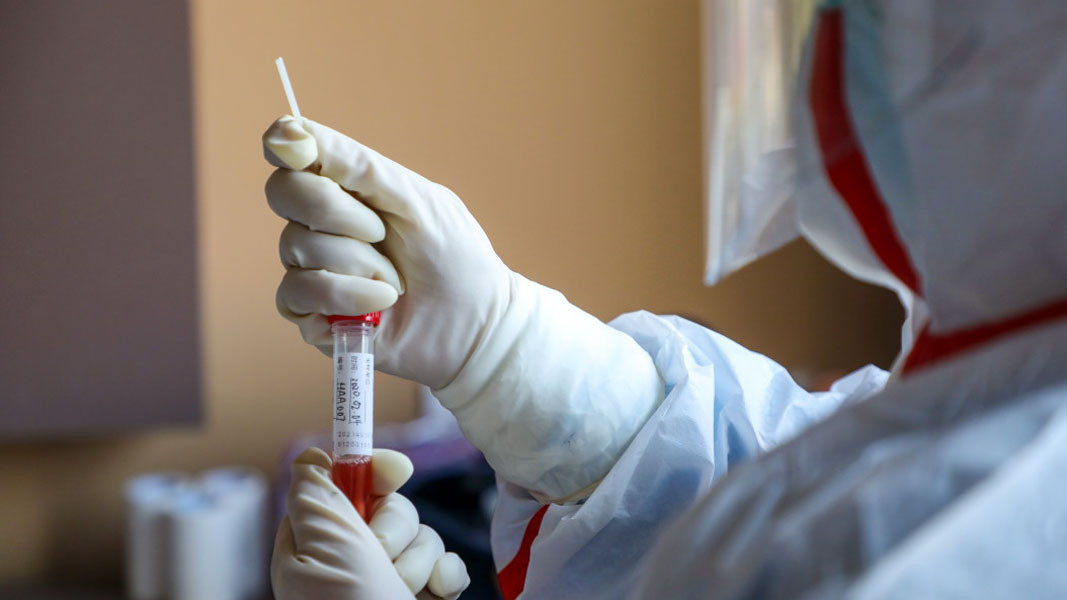Five hospitals in Bulgaria have specially equipped and isolated areas for accommodation of people with coronavirus. All five hospitals are located in cities with large airports – two of them are in Sofia – the Hospital for Active Treatment of Infectious and parasitic Diseases and the Military Medical Academy. The other three hospitals are located in Plovdiv, Varna and Burgas.
The most important measure is to limit the possibility to bring the virus to Bulgaria, no matter how illusionary this may seem, Bulgaria’s Chief State Health Inspector Doctor Angel Kunchev said. Former experience in epidemiology shows that whatever measures are taken at border control there is no guarantee that the virus will not be imported. However, we made sure the authorities receive enough information about the people travelling from China abroad. Thus, all who arrive from this country are placed under a home quarantine for fourteen days and if they show any symptoms of coronavirus, they are placed under a medical quarantine where the necessary medical examinations are done.
While passing the passport control on the airports, all passengers fall into the scope of thermal imaging cameras, which measure their body temperature. Passengers with body temperature above 37C remain under quarantine for two weeks.However, those who arrive from areas with coronavirus are not allowed to enter the country if they refuse to be hospitalized.

Each country takes such legitimate measures to protect its territory, Doctor Angel Kunchev says further. Currently, the two Bulgarian students who returned from the Chinese city of Wuhan are in hospital. Several other people who returned from China were also hospitalized, but they are not potential carriers of the disease.
According to Bulgaria’s Chief Health Inspector, there is no connection between the influenza epidemic, that will begin to subside next week, and the coronavirus outbreak in China. At this point, we cannot forecast how the coronavirus epidemic will develop, Angel Kunchev says and reminds the outbreaks of two other coronaviruses ten years ago – SARS and the Middle East Respiratory Syndrome (MERS), which subsided and disappeared within several months. The world laboratories are now working to find the vaccine for the coronavirus, but according to the most optimistic forecast, this will happen as early as in three months.

The chance to get infected with the coronavirus in Europe is close to zero, the health expert contends. That is why Bulgaria is not more dangerous for foreign tourists than the rest of the countries in Europe. Visitors who want to travel to Bulgaria do not have to attend prophylactic immunizations. Currently, chickenpox is one of the most common infectious diseases among children in Bulgaria. In the summer season, some intestinal infections such as hepatitis A are common in this country. That is why it important to maintain good hygiene and avoid eating street food.
English version: Kostadin Atanasov
Photos: BGNESSkopje aims to attract cargo from Europe to Thessaloniki with a new railway line The construction of the railway line along Corridor 10 is a priority for North Macedonia, said North Macedonia’s Minister of Transport Aleksandar Nikoloski. He..
Language and cultural workshops "My Bulgarian Summer" once again take the children of Bulgarians living abroad to some of the most beautiful places in the country. A series of trips for children and students from 6 to 15 years of age..
The Bulgarian language is studied academically in Albania, much like in many other places around the world. Our lectorat is part of the Department of Slavic and Balkan Languages at the Faculty of Foreign Language Studies at the University of Tirana, and..
The summer and the heatwaves that have engulfed the concrete jungles we inhabit drive most people to seek more frequent and longer-lasting coolness by..
"Our school will open its doors to children who wish to maintain and develop their language, culture and traditions," says the Bulgarica Cultural Center..

+359 2 9336 661
